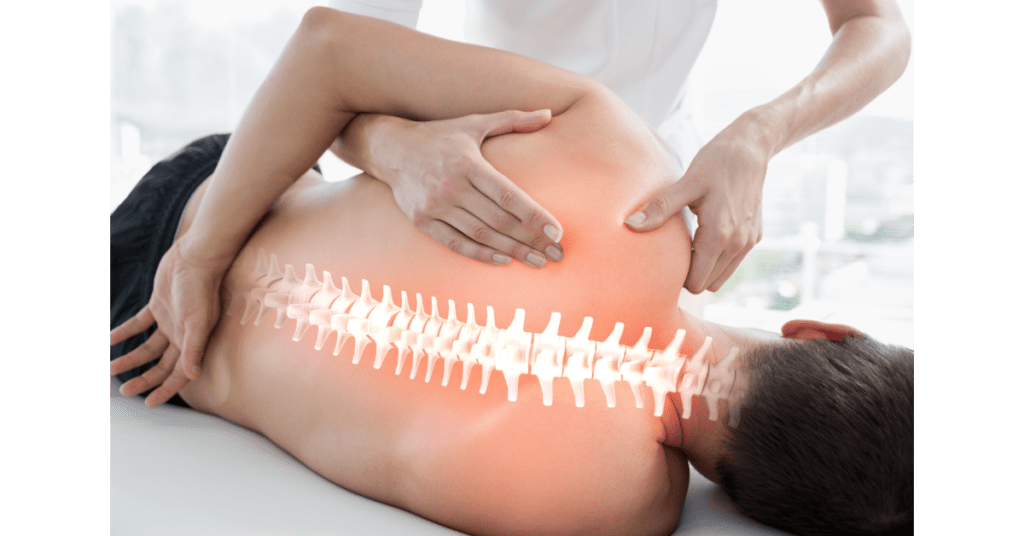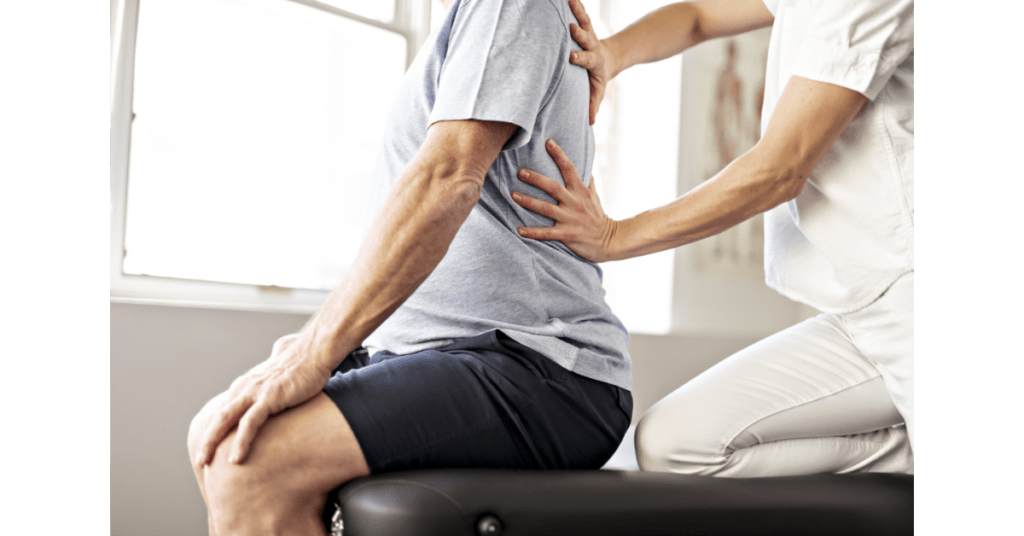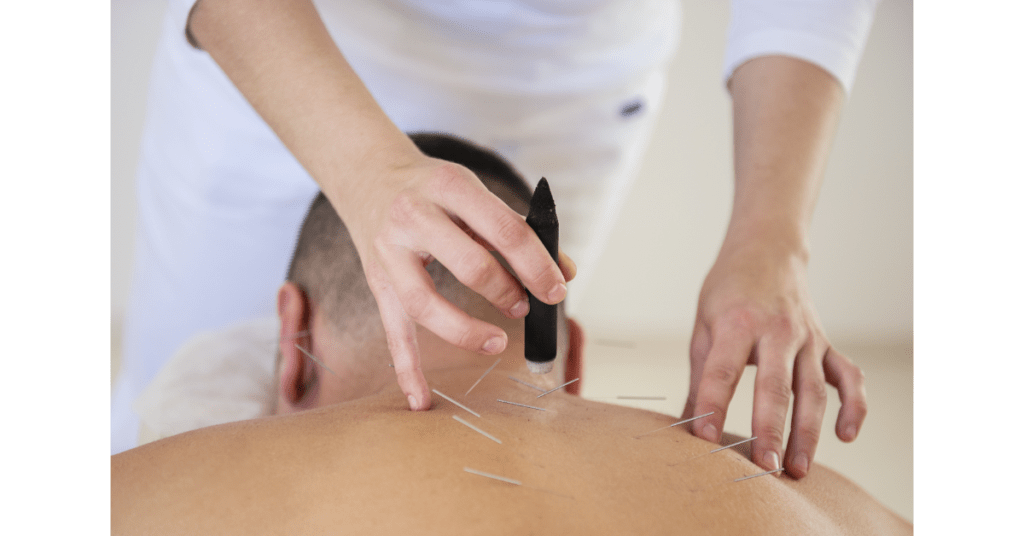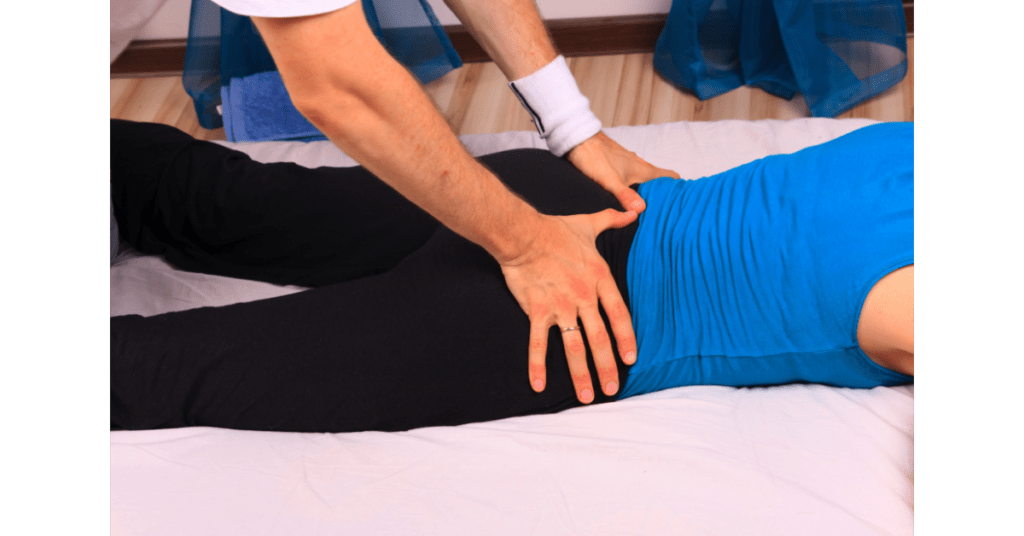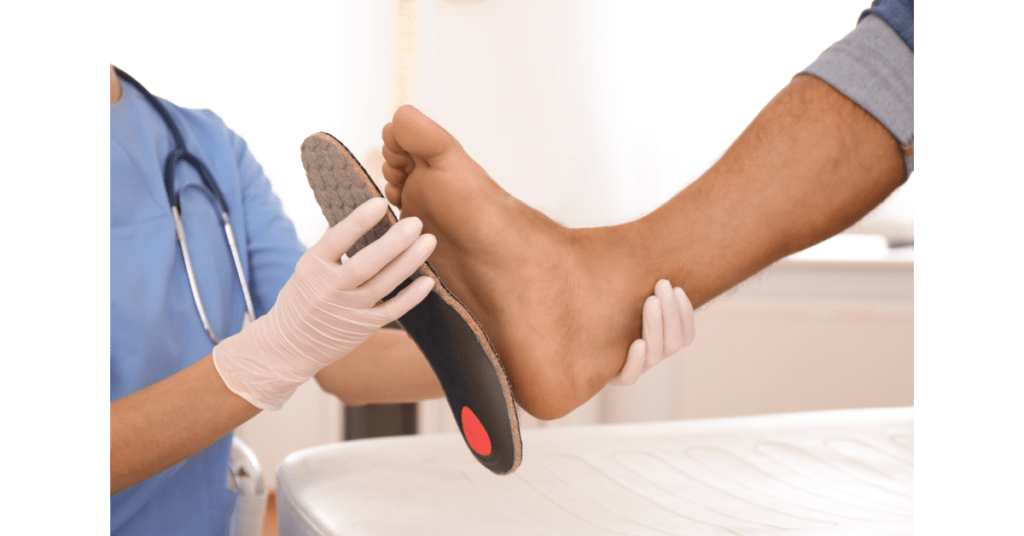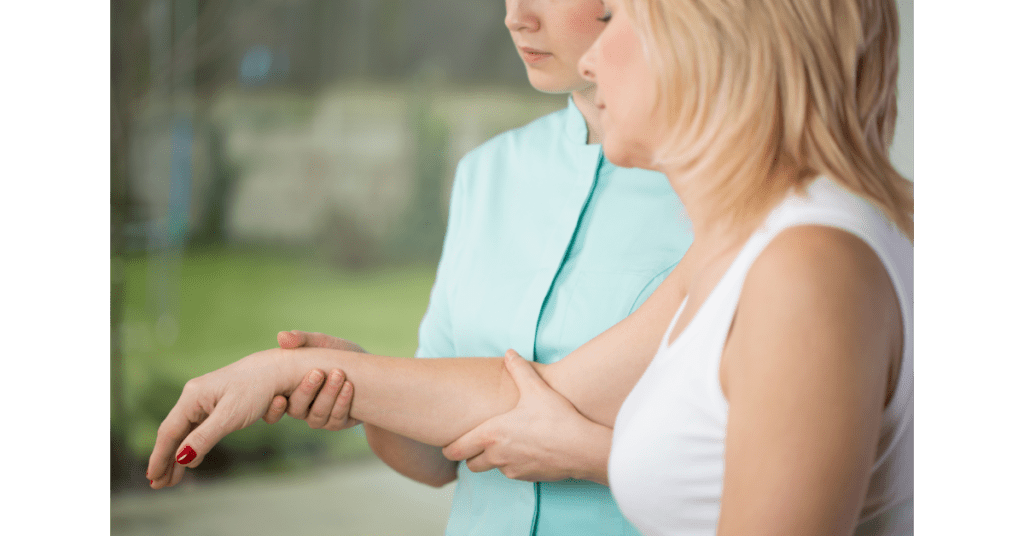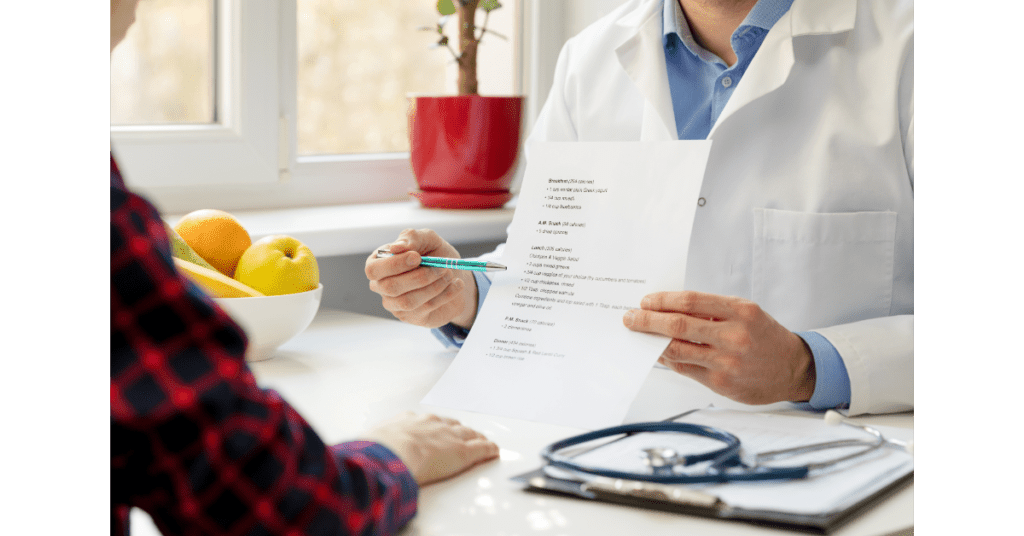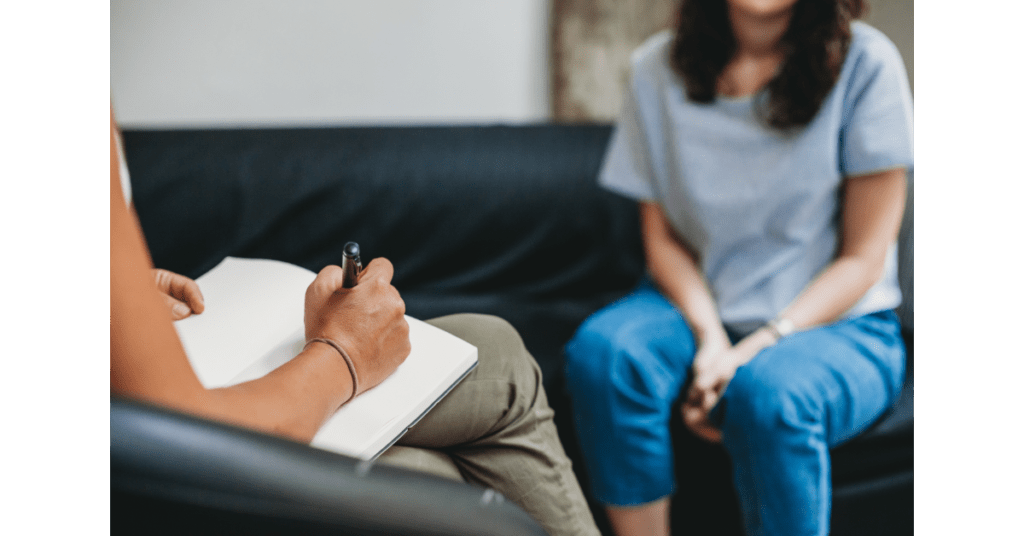What is a Knee Ligament Injury?
A sprain of one or more of the four ligaments in the knee, either the Medial Collateral Ligament (MCL), Lateral Collateral Ligament (LCL), Posterior Cruciate Ligament (PCL) or the Anterior Cruciate Ligament (ACL) is called a Knee Ligament Injury. These injuries of the four ligaments, ACL, PCL, MCL, and LCL, are generally caused by overstretching or tearing of a ligament because of twisting or wrenching the knee.
How Can You Injure Your Knees?
There are four ligaments in the knee that provide stability to the knee joint. Anyone of these ligaments can get injured while running, jumping, twisting or wrenching your knee. For example, someone tearing their ACL means that only one possible knee ligament injury has occurred. A list of all the different types of knee ligament injuries is given below.
Anterior Cruciate Ligament (ACL) Injury
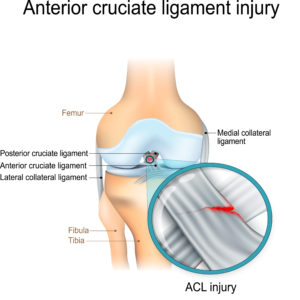
An ACL injury is one of the most common knee ligament injuries. It occurs when the ACL ligament is stretched or torn. The ACL connects the inside of the top of the tibia (shinbone) to the outside bottom of the femur (thighbone) in front of the knee. It stops the shinbone from sliding in front of your thighbone and controls the rotation of the knee.
Posterior Cruciate Ligament (PCL) Injury
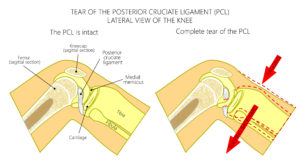
A PCL injury occurs when the PCL ligament is stretched or torn. It is also called an “overextended knee.” The PCL is the strongest ligament in the knee and the least likely to sustain an injury. It connects the bottom of the femur (thighbone) to the top of the fibula (lower leg bone) at the back of your knee and controls the backward motion of the knee (extension).
Medial Collateral Ligament (MCL) Injury
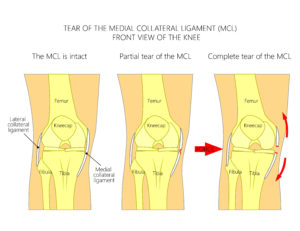
An MCL injury occurs when the MCL ligament is stretched or torn. The MCL connects the top of the tibia (shinbone) to the bottom of the femur (thigh bone) on the inside of the knee. It provides stability to the inside of your knee.
Lateral Collateral Ligament (LCL) Injury
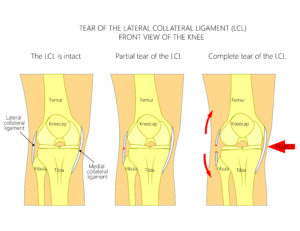
An LCL injury occurs when the LCL ligament is stretched or torn. The LCL connects the bottom of the femur (thighbone) to the top of the fibula (lower leg bone) on the outside of the knee. It provides stability to the outside of your knee. Living in Scarborough and concerned about a knee injury?
Are you looking for physiotherapy or a Chiropractor? If Yes, then visit Simply Align Rehab Physio in Scarborough/Toronto or Woodbridge/Vaughan or you can always call or text us for your Physiotherapy or Chiropractor needs in Toronto at (416) 438-3230 or For Physiotherapy or Chiropractor need in Vaughan (Woodbridge) at (905) 638-9840.
What Causes ACL, PCL, MCL & LCL Injuries?
Most knee ligament injuries are generally caused due to sports injuries, either from landing a jump the wrong way, which causes a sharp change in direction from the knee, or a blunt force, like a football tackle, hitting the knee. However, knee ligament injuries can also be the result of a car accident wherein a blunt force hits the knee.
Are There Different Levels of ACL, PCL, MCL and LCL Injuries?
All four types of knee ligament injuries are categorized into three levels of severity.
Mild Grade I Sprain is the least severe and occurs when the ligament of the knee stretches but does not tear. Although this does not affect the stability of the knee, it still needs to be treated, as it can increase the likelihood of a repeat injury.
Moderate Grade II Sprain occurs when the injured ligament of the knee is partially torn, resulting in swelling, pain, and difficulty in moving the knee.
Severe Grade III Sprain is when the injured ligament of the knee is completely torn, causing the knee to be very unstable and unable to bear weight.
What are Symptoms of ACL, PCL, MCL & LCL Injuries?
Pain, swelling, and varying levels of symptoms are experienced based on the severity of the knee ligament injury. For example, Redness and swelling, Decreased range of motion of the knee, Difficulty in or inability to put weight on your leg, and a feeling of looseness in the knee or in the joint Pain, particularly where the ligament/ligaments are injured.
When a severe grade III sprain occurs, a popping noise is heard and there can be bleeding under the skin. Occasionally, when a severe grade III sprain occurs, there is no pain, because the pain receptors are severed.
How do you treat ACL, PCL, MCL & LCL Injuries?
Mild grade I and moderate grade II strains can be treated at home and in a clinical setting. Severe grade III strains always require treatment in a clinical setting.
For mild and moderate strains home remedies can be tried. For example, Rest and elevation of the knee, Applying ice, Avoiding activities for a minimum of six weeks, Compression of the knee with an elastic bandage or tape or the Use of anti-inflammatory painkillers, such as ibuprofen or acetaminophen, can ease the pain. Use of a knee brace can provide support and stability. Of course seeking treatment from a physiotherapist will assist in the healing process and ensure that the ligament fibers heal correctly, reducing the risk of a possible knee ligament injury in the future.
Do you Need ACL, PCL, MCL, OR LCL Surgery?
Severe grade III sprains usually require surgery, particularly for ACL or PCL, or if multiple ligaments are torn. Your physician will refer you to an orthopedic surgeon to discuss the different options with you. It takes about six months to recover completely from Reconstructive knee surgery. However, after surgery, most people return to the same level of activity that they were involved in before, including high-level sports. An alternative to surgery is to use a custom-knee brace that can help the instability in the leg.
Can an ACL, PCL, MCL or LCL Injury Heal On Its Own?
Yes. Mild grade I sprains and moderate grade II sprains can go away on their own with at-home treatments. Treatments that include Resting the knee, Applying cold therapy and Taking pain-relieving medication help in easing the pain. If the cause of the injury is due to sport, then another knee ligament injury can reoccur. Treatment from a physiotherapist is essential for helping the ligament fibers to heal properly. Severe grade III sprains and multiple ligament strains do not go away on their own. They need an assessment from a physician and possibly surgery by an orthopedic surgeon.
Can Physiotherapy work for ACL, PCL, MCL & LCL Injuries?
All types of knee ligament injuries, including patients recovering from knee reconstruction surgery, can be treated with Physiotherapy. The treatment consists of: Functional retraining and activity modifications, Strengthening and range of motion exercises, Manual therapy (joint and soft tissue mobilizations), Personalized exercise plan, A custom-knee brace, or splinting Fitting for crutches, Taping the affected area and Pain relieving modalities, such as: Therapeutic ultrasound Heat and ice therapy and Electrical stimulation. At our clinic we have notice by using Simply Align Technique which includes advanced physical modalities, activity modification and specific exercises we have faster, longer lasting results with reduced healing time.
In the video below you see our unique approach to post knee arthroscopic surgery where we use Tecar, shockwave and laser therapy to heal this young patient knee much faster than usual. This technology is available at our both clinics Toronto (Scarborough) and Vaughan (Woodbridge).
Can You Prevent an ACL, PCL, MCL or LCL Injury?
Knee ligament injuries are difficult to prevent because they occur due to the trauma to the knee. However, one can take steps to reduce the possibility of an injury by Stretching the legs regularly, Doing a light warm up before sports, Maintaining flexibility and Adopting new exercise routines.
